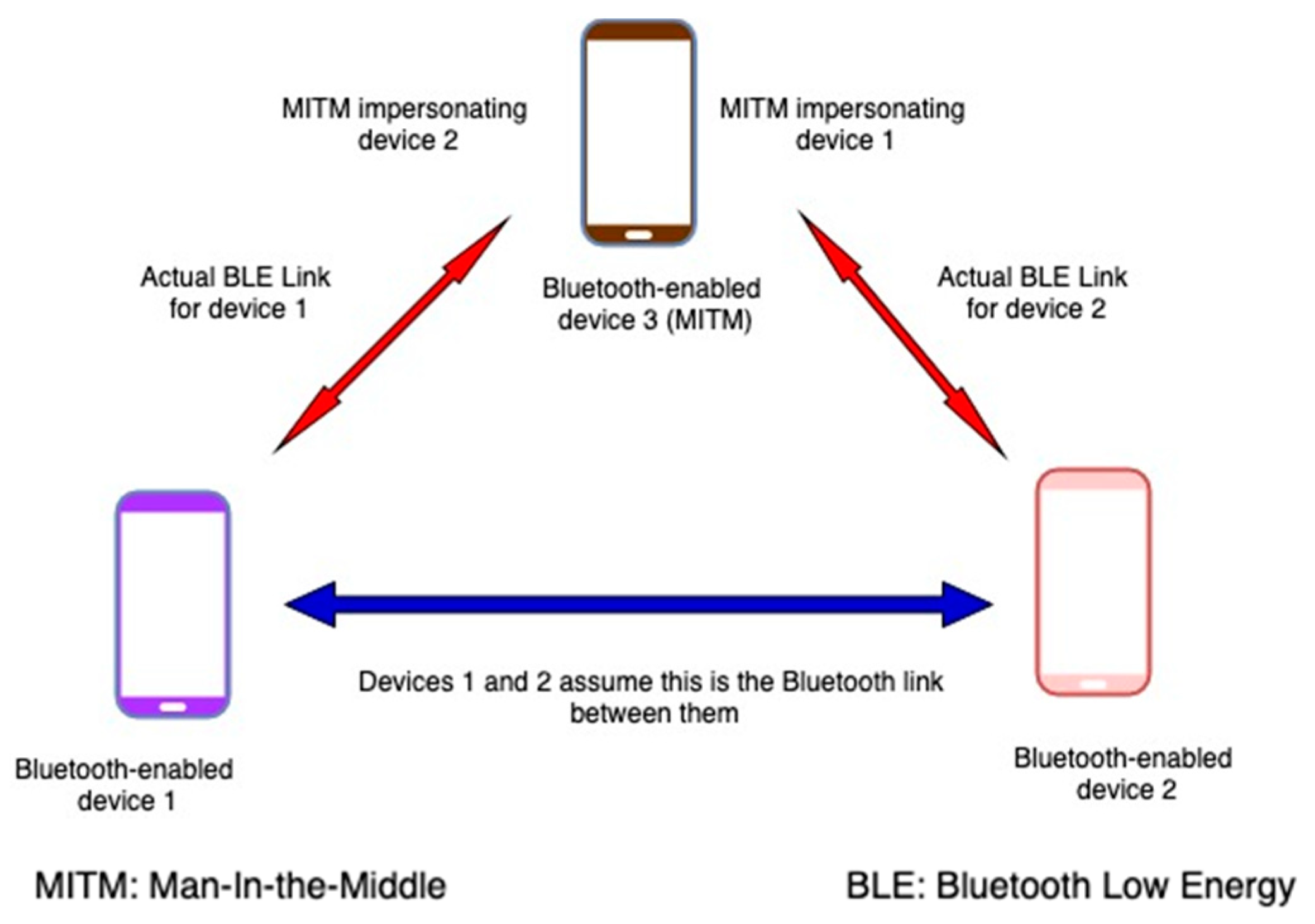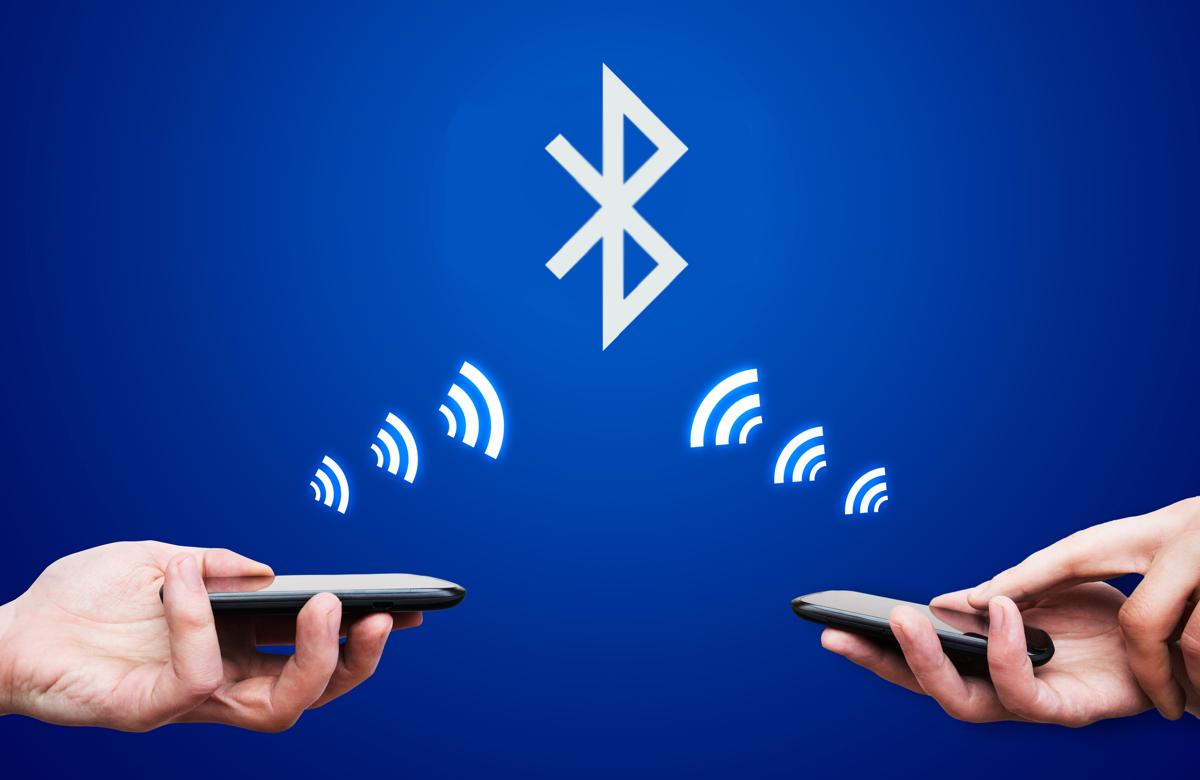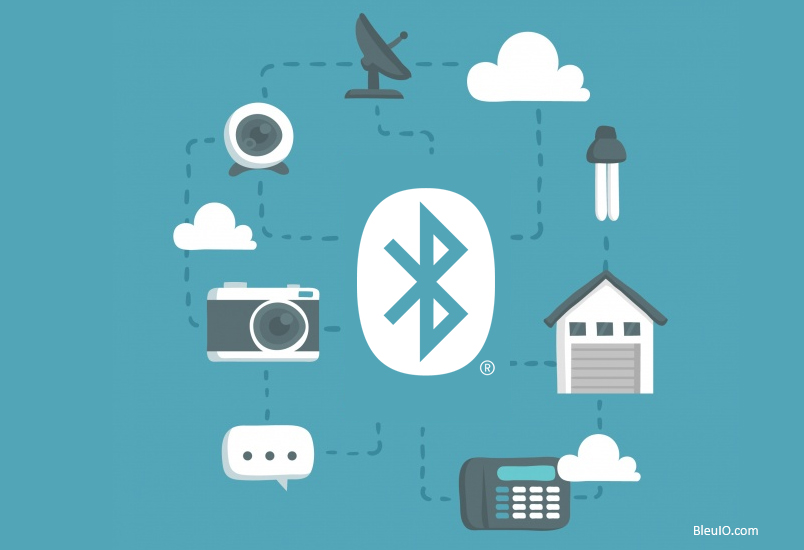Unique Tips About What Is The Future Of Bluetooth Technology

What Is Bluetooth Technology? A Wireless Revolution Explained SmallTechy
Bluetooth's Next Big Thing
1. A Wireless World, But Better
Bluetooth. You probably use it every day, maybe without even realizing it. It's how your wireless earbuds connect to your phone, how your smartwatch talks to your fitness tracker, and even how your car streams music from your Spotify account. But the Bluetooth of tomorrow? It's going to be so much more powerful and versatile than what we're used to.
Think about it: Bluetooth has been evolving steadily since its inception. From those clunky earpieces of the early 2000s to the sleek, reliable connections we have now, it's come a long way. And the advancements aren't stopping. The future holds exciting possibilities, including improved speed, range, and power efficiency. We're talking about a world where Bluetooth can handle more complex data transfers, reach devices much farther away, and sip power so gently that your gadgets last even longer.
One key area of improvement is bandwidth. Current Bluetooth versions can sometimes feel a little sluggish when transferring large files or streaming high-quality audio. But newer iterations promise to boost data transfer rates significantly. This means faster file sharing between devices and a more seamless streaming experience. Imagine instantly transferring a batch of photos from your phone to your laptop or enjoying crystal-clear, lossless audio wirelessly. Sounds pretty good, right?
And don't forget about security. As we rely more on wireless connections for sensitive tasks like payments and data access, keeping those connections secure becomes paramount. The Bluetooth folks are actively working on bolstering security protocols to prevent eavesdropping and unauthorized access. So, you can expect future Bluetooth devices to be even more resistant to hacking and other security threats.

Future Free FullText 25 Years Of Bluetooth Technology
Hearables and Beyond
2. Sound Advice (Pun Intended!)
Audio is one area where Bluetooth has already made a massive impact. Think of the freedom that wireless earbuds provide. No more tangled cords or getting snagged on doorknobs! But the future of Bluetooth audio is about more than just convenience. It's about enhancing the listening experience in ways we never thought possible.
One exciting development is the rise of "hearables" — essentially, super-powered earbuds with advanced features like noise cancellation, real-time language translation, and even health monitoring. Bluetooth is the invisible backbone that makes all of this possible. It allows these devices to connect to your phone, access cloud-based services, and deliver a truly personalized audio experience. Imagine going to a foreign country and having your earbuds instantly translate conversations in real-time. That's the power of Bluetooth at work.
And the improvements in audio quality are ongoing. With the introduction of new codecs and protocols, Bluetooth is capable of transmitting higher-resolution audio than ever before. This means you can enjoy your favorite music with greater clarity and detail, even without wires. The days of sacrificing audio quality for convenience are quickly fading away.
Beyond entertainment, Bluetooth is also playing a vital role in assistive hearing technology. Modern hearing aids are often equipped with Bluetooth connectivity, allowing users to stream phone calls, music, and other audio directly into their ears. This can significantly improve their quality of life and make it easier to stay connected with the world around them. So, Bluetooth isn't just about entertainment; it's also about accessibility and inclusivity.

The Internet of Things (IoT) and Bluetooth
3. Connecting Everything, Seamlessly
The Internet of Things (IoT) is all about connecting everyday objects to the internet, allowing them to communicate with each other and with us. And Bluetooth is a key enabler of this connected world. From smart home devices to industrial sensors, Bluetooth provides a reliable and energy-efficient way to link these devices together.
Think about your smart home. Your lights, thermostat, door locks, and even your coffee maker can all be controlled remotely via your smartphone. Bluetooth is often used to connect these devices to your home network, allowing you to manage them from anywhere in the world. Imagine turning on your lights and adjusting your thermostat before you even get home from work. That's the convenience of IoT powered by Bluetooth.
But the IoT extends far beyond the home. In industrial settings, Bluetooth is used to track assets, monitor equipment performance, and even control robotic systems. It allows businesses to collect valuable data about their operations and make informed decisions. Imagine a factory where every machine is equipped with Bluetooth sensors that constantly monitor its performance and alert maintenance personnel to potential problems. This can help prevent downtime, improve efficiency, and save money.
The future of Bluetooth in the IoT is even more exciting. With the development of new low-power Bluetooth technologies, it will be possible to connect even more devices to the internet without draining their batteries. This will open up new possibilities for smart cities, connected cars, and countless other applications. The potential is truly limitless.

Bluetooth Low Energy What This Technology Has In Store For The Future
Location, Location, Location
4. Finding Your Way with Wireless
Beyond audio and IoT, Bluetooth is also playing an increasingly important role in location tracking and navigation. Bluetooth beacons, small devices that transmit a Bluetooth signal, can be used to pinpoint the location of objects and people with remarkable accuracy.
Imagine walking into a large department store and receiving personalized offers and recommendations on your smartphone based on your location within the store. Bluetooth beacons make this possible. They can be used to track your movements and provide you with relevant information in real-time. This can enhance your shopping experience and make it easier to find what you're looking for.
But location tracking isn't just for retail. It can also be used in hospitals to track patients and equipment, in airports to guide passengers to their gates, and in warehouses to manage inventory. The possibilities are endless. And as Bluetooth technology continues to improve, we can expect to see even more innovative applications for location tracking in the future.
One exciting development is the use of Bluetooth for indoor navigation. GPS signals often don't work well indoors, but Bluetooth beacons can provide accurate location information even in enclosed spaces. This could revolutionize the way we navigate buildings like hospitals, museums, and shopping malls. Imagine using your smartphone to get turn-by-turn directions inside a building, just like you would on the street.

The Future is Bright (and Wireless!)
5. Looking Ahead to a Connected Tomorrow
So, what does the future hold for Bluetooth technology? It's clear that it's going to continue to evolve and play an increasingly important role in our lives. From enhancing our audio experiences to powering the Internet of Things and revolutionizing location tracking, Bluetooth is a versatile and powerful technology with a bright future.
The ongoing improvements in speed, range, and power efficiency will make Bluetooth even more appealing for a wide range of applications. And the increasing focus on security will ensure that our wireless connections remain safe and reliable. As new devices and services emerge, Bluetooth will be there to connect them all, seamlessly and securely.
It's not just about faster connections and longer battery life. It's about creating a more connected, convenient, and personalized world. Think about smart cities where everything is interconnected, from traffic lights to public transportation. Or imagine healthcare systems where doctors can remotely monitor patients' vital signs using Bluetooth-enabled sensors. The potential is truly transformative.
So, the next time you use Bluetooth to connect your headphones or transfer a file, take a moment to appreciate the amazing technology that's making it all possible. And remember that the future of Bluetooth is even more exciting than the present. Buckle up, because we're in for a wireless ride!

Frequently Asked Questions About the Future of Bluetooth
6. Q
A: While Bluetooth is continuously improving its speed, it's unlikely to completely match Wi-Fi's raw data transfer rates in the near future. However, for many applications, Bluetooth's speed is already sufficient, and its low power consumption makes it a more suitable choice for battery-powered devices. The goal isn't necessarily to be faster than Wi-Fi in every scenario, but to be fast enough while offering other advantages like lower energy use and simpler pairing.
7. Q
A: Security is a huge priority for Bluetooth developers. We can expect to see more robust encryption methods and authentication protocols being implemented. While no system is 100% foolproof, the future of Bluetooth will definitely incorporate more sophisticated safeguards to protect against hacking and data breaches. Think of it like adding more locks and security cameras to your digital front door!
8. Q
A: Range is definitely an area of improvement. Newer Bluetooth versions are already extending the usable distance, and future iterations promise even more reach. While "across the house" might be pushing it depending on your house's layout and building materials, we can certainly expect to see a significant increase in reliable range, making it easier to connect devices that are farther apart.
9. Q
A: While newer Bluetooth versions offer improvements, they are generally designed to be backward compatible with older devices. However, you might not be able to take full advantage of all the new features and benefits with older hardware. Think of it like running a new app on an old phone — it might work, but you won't get the same performance as you would on a newer device.